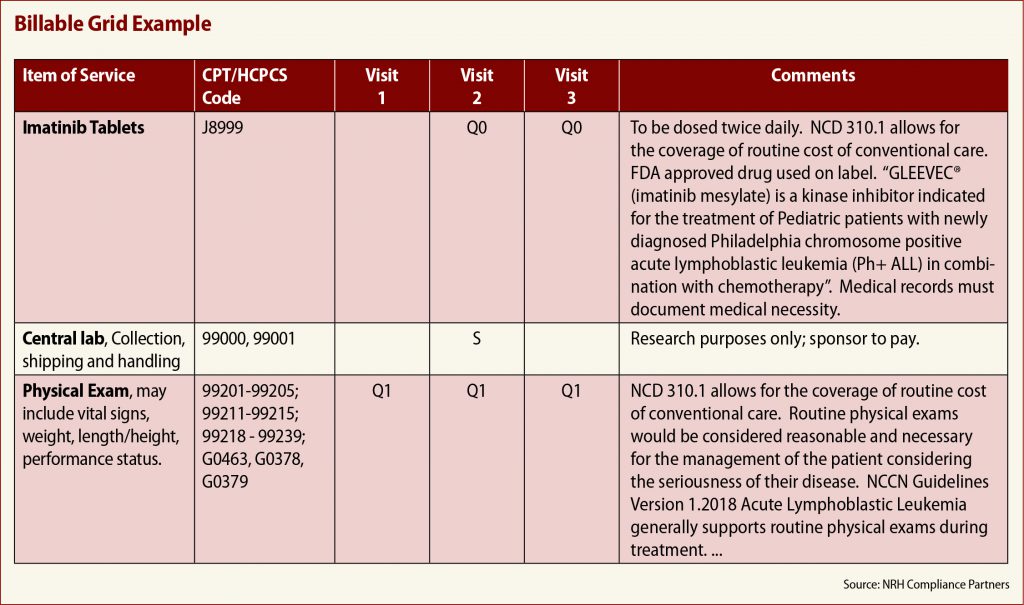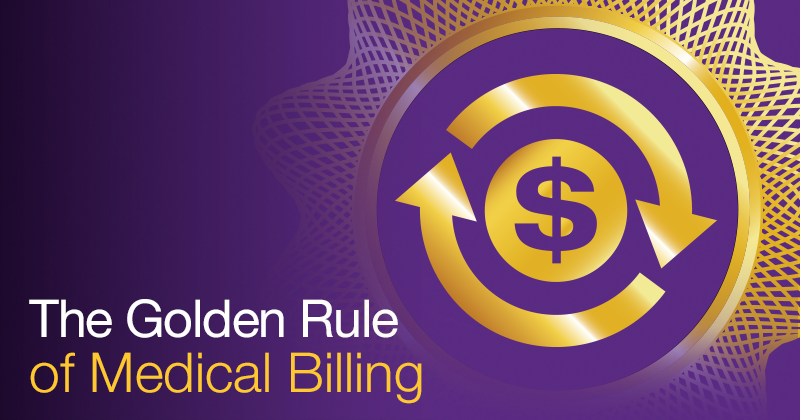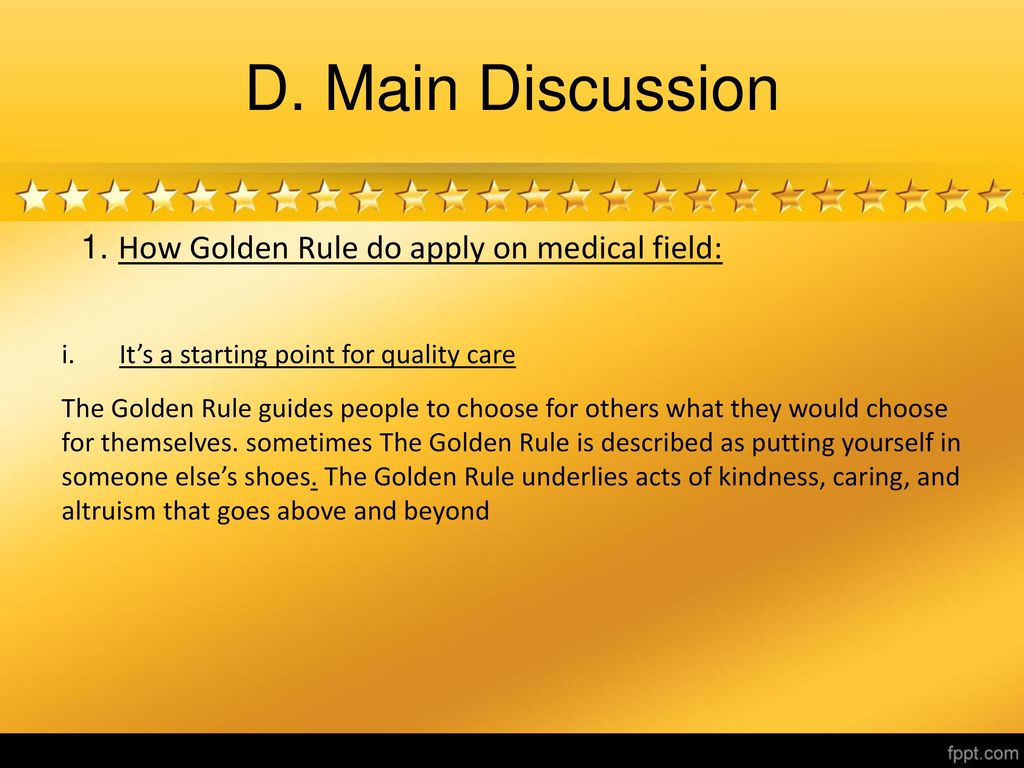In the ever-evolving landscape of healthcare administration, understanding the golden rule in medical billing is essential for all parties involved. Whether you’re a healthcare provider, insurance company, or patient, grasping this fundamental principle can vastly improve the efficiency and accuracy of medical billing practices. This article aims to shed light on the golden rule, its significance, and the impact it has on the healthcare industry.
With complex coding systems, numerous insurance plans, and intricate reimbursement processes, medical billing can be an intricate web to navigate. However, at its core lies a simple yet profound principle that serves as a guiding light: the golden rule. In this article, we will explore the essence of the golden rule in medical billing, its practical applications, and how it ensures fair and transparent financial interactions within the healthcare system. By understanding and implementing this principle, healthcare providers can streamline their revenue cycle, insurance companies can foster trusted relationships with providers and patients, and patients can experience clarity and confidence in their medical billing processes. So, what exactly is the golden rule in medical billing, and why is it paramount in the world of healthcare administration? Let’s explore further.
What Is The Golden Rule In Medical Billing?
The golden rule in medical billing refers to a guiding principle that healthcare organizations and medical billing professionals should adhere to when managing the billing process for healthcare services rendered. It encompasses the ethical and moral practice of treating patients in a fair, transparent, and respectful manner, ensuring accurate and timely billing, and maintaining clear communication throughout the billing cycle.

Definition of the Golden Rule in Medical Billing
The golden rule in medical billing can be defined as the practice of treating patients and their financial responsibilities for healthcare services with the same level of care, empathy, and respect that one would expect for themselves or their loved ones. It involves putting oneself in the patient’s shoes and providing a billing experience that prioritizes fairness, accuracy, and transparency.
Importance of Following the Golden Rule
Following the golden rule in medical billing is crucial for several reasons. Firstly, it establishes trust between healthcare providers, patients, and insurance companies. When patients feel that the billing process is fair and transparent, they are more likely to trust their healthcare providers and insurance companies, which can lead to improved patient satisfaction and loyalty.
Secondly, adhering to the golden rule helps to maintain the integrity of the healthcare system. By ensuring accurate billing and avoiding fraudulent practices, healthcare organizations contribute to the overall financial stability and sustainability of the healthcare system.
Lastly, following the golden rule promotes ethical conduct in the medical billing profession. It sets a standard for medical billing professionals to prioritize the well-being and financial interests of patients, reinforcing the commitment to professionalism and integrity in their work.
Key Principles of the Golden Rule in Medical Billing
The golden rule in medical billing is guided by several key principles. These principles include:
- Fairness and Equity: Treating all patients equally and applying billing practices consistently to avoid any form of discrimination or bias.
- Transparency: Providing clear and concise explanations of medical bills, including itemized charges and any applicable insurance coverage, to ensure patients have a comprehensive understanding of their financial responsibilities.
- Accuracy: Ensuring that medical bills are free from errors, such as incorrect coding or duplicate charges, to prevent unnecessary financial burdens on patients and minimize claim denials.
- Timeliness: Billing promptly and efficiently to avoid delays in payment and ensure timely resolution of any billing disputes or inquiries.
- Compassion and Empathy: Demonstrating a compassionate and empathetic approach when discussing billing matters with patients, understanding their unique financial circumstances, and offering assistance or flexible payment options when needed.
Benefits of Applying the Golden Rule in Medical Billing
Applying the golden rule in medical billing offers numerous benefits to healthcare organizations, medical billing professionals, and patients alike.
From the perspective of healthcare organizations, following the golden rule helps build a positive reputation in the industry, resulting in increased patient satisfaction, improved patient retention, and the potential for attracting new patients. By prioritizing fairness and transparency in billing practices, healthcare organizations can foster patient trust and loyalty, leading to better financial outcomes for the organization.
For medical billing professionals, adhering to the golden rule promotes professional growth and enhances their reputation within the healthcare industry. By providing accurate and ethical billing services, medical billing professionals can establish themselves as trusted experts and potentially attract more clients or career advancement opportunities.
For patients, the benefits of the golden rule in medical billing are significant. Patients are more likely to have a positive healthcare experience when their medical bills are transparent, accurate, and fair. This reduces unnecessary stress and anxiety associated with unexpected or confusing medical bills, allowing patients to focus on their recovery and well-being.

Common Challenges in Implementing the Golden Rule
While the golden rule in medical billing is an ideal principle to follow, there are challenges that healthcare organizations and medical billing professionals may face when trying to implement it.
One common challenge is the complexity of medical billing regulations and coding systems. Medical billing involves navigating a complex web of rules and regulations, which can often lead to errors or misunderstandings. Staying up-to-date with changing regulations and ensuring accurate coding can be time-consuming and challenging. However, investing in ongoing training and utilizing technology solutions can help overcome this challenge.
Another challenge is the potential for misunderstandings or miscommunication between patients and healthcare providers. Due to the technical nature of medical billing, patients may struggle to understand their bills or the terminology used. Clear and concise communication, coupled with patient education efforts, can help mitigate this challenge.
Best Practices for Effective Medical Billing
To effectively implement the golden rule in medical billing, healthcare organizations and medical billing professionals can adopt the following best practices:
- Training and Education: Invest in comprehensive training and continuing education programs to keep up with evolving billing regulations and ensure accurate coding and billing practices.
- Clear Communication: Provide patients with clear and concise explanations of their bills, utilizing plain language and visual aids if necessary. Encourage patients to ask questions and address any concerns promptly.
- Utilize Technology: Leverage technology solutions, such as electronic health record (EHR) systems and billing software, to streamline the billing process, reduce errors, and improve efficiency. These systems can also facilitate accurate and timely submission of claims and automate the verification of insurance coverage.
- Regular Audits and Quality Checks: Conduct regular audits and quality checks to identify and rectify any billing errors or discrepancies. This helps maintain accuracy and prevents unnecessary claim denials or delays in payment.
- Compassionate Customer Service: Train staff members to deliver compassionate and empathetic customer service when handling billing inquiries or disputes. Ensure staff members are equipped with the necessary knowledge and resources to assist patients in navigating their financial responsibilities.

The Role of Technology in Supporting the Golden Rule
Technology plays a significant role in supporting the implementation of the golden rule in medical billing. Electronic health record (EHR) systems, billing software, and other technology solutions automate various aspects of the billing process, reducing the likelihood of errors and improving overall efficiency.
EHR systems allow healthcare providers to document patient encounters accurately and code medical services appropriately. These systems can automatically transfer relevant information to the billing software, reducing the need for manual data entry and minimizing the risk of coding errors.
Billing software streamlines the billing process by automating tasks such as claim generation, submission, and tracking. It can also integrate with insurance companies’ systems to verify patient coverage and eligibility, minimizing the potential for billing errors.
Important Differences in Medical Billing Systems
Medical billing systems can vary in terms of complexity, functionality, and compatibility. Some healthcare organizations may opt for standalone billing software that integrates with their existing EHR system, while others may prefer to invest in an all-in-one solution that includes both EHR and billing functionalities.
It is essential for healthcare organizations to carefully evaluate their specific needs and consider factors such as the size of their practice, the complexity of their billing requirements, and their budget constraints when selecting a medical billing system. Collaboration between healthcare IT professionals, medical billing experts, and clinical staff is crucial to ensure the chosen system effectively supports the organization’s billing processes.

Potential Future Developments in the Golden Rule
The healthcare industry is constantly evolving, and the golden rule in medical billing may see future developments to adapt to changing circumstances and address emerging challenges. One potential future development is the increased integration of Artificial Intelligence (AI) and machine learning technologies in medical billing processes. These technologies can automate repetitive tasks, improve accuracy in coding and billing, and facilitate more efficient claims processing.
Additionally, there may be advancements in patient financial responsibility estimation tools, allowing healthcare organizations to provide patients with more accurate estimates of their out-of-pocket expenses. This promotes transparency and enables patients to make informed decisions about their healthcare.
Conclusion
The golden rule in medical billing is a guiding principle that emphasizes fairness, transparency, and accuracy in the billing process. By following this principle, healthcare organizations and medical billing professionals can build trust, enhance the patient experience, and contribute to the overall integrity of the healthcare system. Adhering to the key principles of the golden rule, implementing best practices, and leveraging technology are essential for effective medical billing. As the industry continues to evolve, potential future developments may further enhance the application of the golden rule and improve the billing experience for both patients and healthcare providers.

